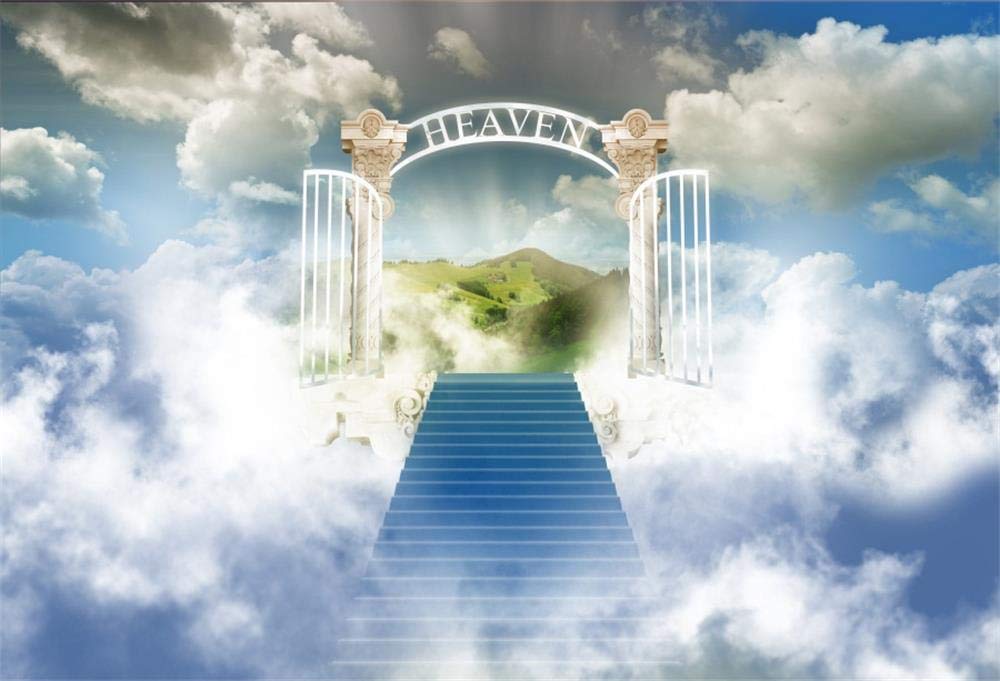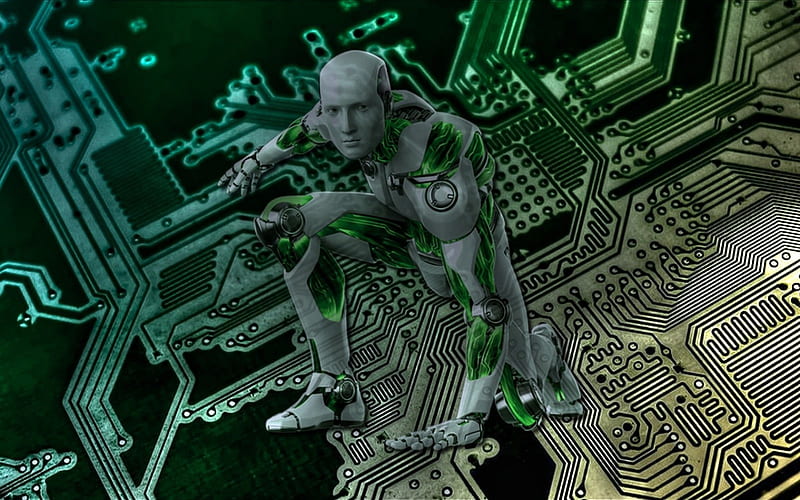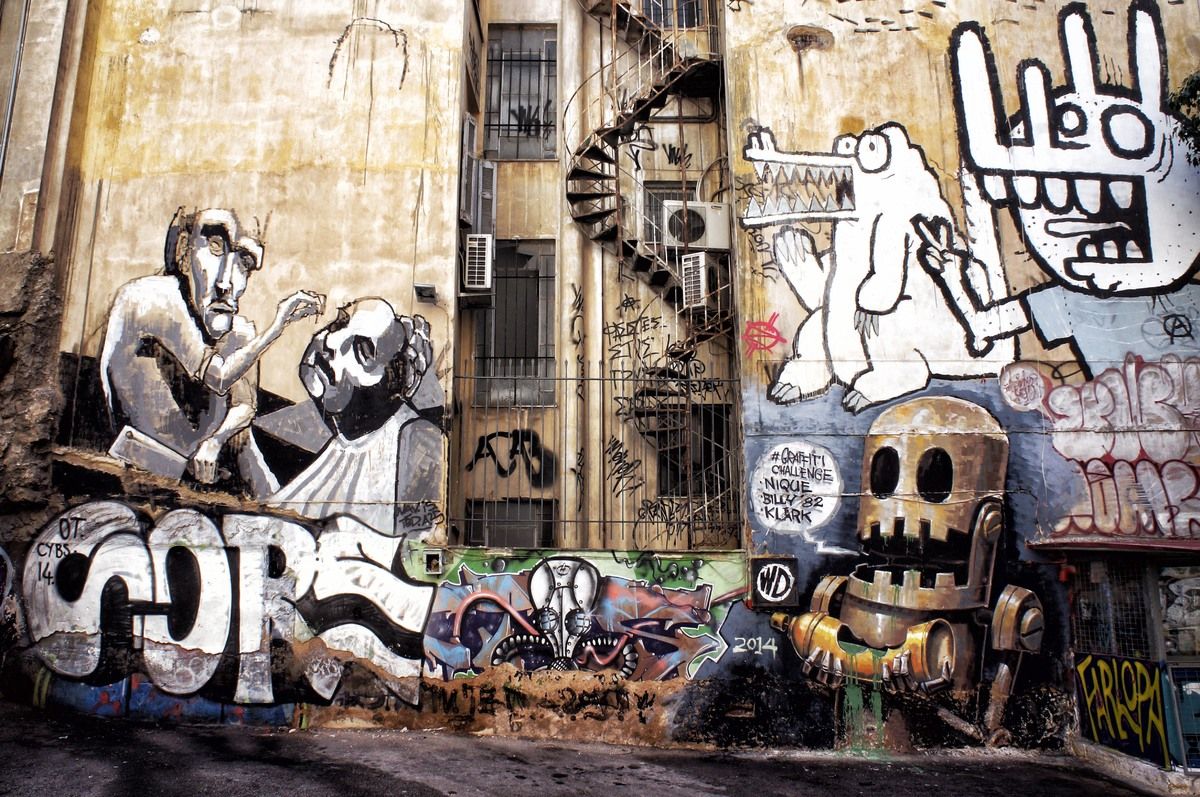Our hidden dysfunctionality, if we are willing to admit that there is such a thing, is that we are always trying to fit everything into a model of the world, a theory of the world, that just doesn’t have any validity. It’s ‘the wrong way to look at things’, so to speak; it’s the wrong way to look at things but we keep on saying that it isn’t. We insist that it isn’t. We will get distinctly irate if anyone is boorish enough to challenge us on this…
Never will we even consider that the problems we run into (in the course of our day-to-day activities) are due to us looking at things in an incongruent way and for this reason we are doomed to be stuck with these contradictions forever. This is the same sort of thing as the point David Bohm makes when he says that thought creates problems whilst claiming to be solving them.
We live in hope of finding a panacea that will put an end to all of this ceaseless strife and confusion and it is this hope that motivates us to keep on with our struggles. This is the hope that ensures that we keep on chasing our dreams with all due enthusiasm (with undying enthusiasm, in fact), but this hope – cockeyed as it is – is actually nothing more than the point-blank denial of the truth. It sounds ‘positive’ to us but really it’s our downfall.
We take the pretty unanimous position that ‘chasing after our dreams’ is an inspirational thing to be doing but in order to claim make this claim (and believe it too, which is obviously crucially important to us) we have to completely ignore the awkward fact that these magnificent inspirational dreams of ours are based solidly on the denial of reality! These dreams of ours are the denial of reality. That’s what ‘dreams’ are all about…
Our position – which is not usually expressed openly – is that ‘where we are right now’ is dull, unexciting, banal, not very thrilling, etc, and that it’s only use is as a springboard (or stepping-stone) to help us on our way to somewhere else, somewhere better. Our dreams wouldn’t be as extraordinarily enticing to is as they are otherwise. This is a principle that we aren’t overly familiar with – the principle being that the attractiveness (or hypnotic power) of our dreams (or goals) is a value that exists in inverse proportion to our appreciation of the reality that we are actually in.
We say that our orientation towards a ‘positive future’ (i.e. our hopes and aspirations) is a healthy part of us, a heroic part of us, an admirable part of us, and in this way we make a splendid virtue of what is nothing more than our overwhelming desire to run away from reality. It might be hard to imagine that this business of ‘running away from what is real because we are afraid of it’ can be turned into a virtue but it can – we do it all the time! Our whole culture is based on this inversion.
The world of goals and purposes is a world of denial – it is a world of denial that we never tire of talking up. Prizes are awarded to those of us who are best at talking up the lie! And – needless to say – the other side of the coin is that were anyone were to go the other direction (and not embrace the social collusion with wholehearted enthusiasm) then it won’t be prizes that we will be giving them but something far less pleasant. People will then get to see the other side of us, the ugly side, the dark side…
This is what life is like in the Topsy-Turvey world, what life in the Inverted World is like – all praise and honour is given to those who uphold the lie (and get all stirred up about it) whilst the cruellest and meanest treatment possible is meted out to anyone who is perverse or wrong-headed enough to speak the truth! This is of course the only way things could ever be within the remit of a system that is based upon denial. We wouldn’t expect anything different.
All of this – everything that we have said about our hidden dysfunctionality with regard to the mismatch between reality and our way of looking at it – can be related to the observation that the universe is a Great Enigma, an enigma that will never play along with our shoddy expectations for it. Our ideas or theories about the Great Enigma that is reality is our denial of that reality. To say ‘what something is’ is to deny what it is; to ‘believe in the world’ is to deny the world…
There are no theories to account for an irreducible enigma – if we have a theory then that’s because we’re trying to say that the Great Enigma isn’t an enigma! The thing about this however is that in pragmatic terms, in terms of our everyday modality of existence, we are flatly incapable of not having a theory about the world we live in, or about ourselves. We are flatly incapable of not thinking (or ‘not judging’), in other words. We are compelled to have theories about the world, ideas about the world, thoughts about the world, convictions about the world. Awareness of the world itself (in all its splendid ineffable mystery) is something that we take great pains to avoid.
We are compelled to have ideas about the world, and then believe fixedly in them, and that’s ‘the rub’. The ideas or theories are fine by themselves – it’s when we start believing in them that the problems start! We can express this in terms of three linked statements: [1] We cannot not have ideas or thoughts about the world [2] We are compelled to believe in them and [3] Whatever idea or theory of the world it is that we have it’s always going to be a lie. It’s always going to be a lie because any idea or theory about the Enigma is inevitably going to be a denial of the Enigma, as we have just said. Denying the Enigma is all we care about…
We are driven into this situation by our fundamental inability to tolerate awareness of the Great Enigma that is reality, our inability to tolerate the vertigo of the Great Enigma requires us, compels us, forces us to always have some idea or notion of what’s going on, no matter how bizarre or half-baked that notion might be. This is easy to see once we start considering the phenomenon of belief: if I happen to be strongly oriented towards not seeing the open ended (or ‘non-bias-confirming’ nature) of reality then I will inevitably have to have some very strong beliefs about the world, or about ‘life’. I won’t be able to do without them.
The strength of my ontological conviction is not an indication that what I am believing in must be true – which is of course the psychologically naive view – but rather it is an indication of the contrary. I believe strongly in whatever it is I believe in not because I’m interested in the truth or otherwise of my belief but because I am profoundly disinterested, which is to say because I am afraid, because I am in the grip of ontological terror. The invisible dysfunctionality that we started off by talking about comes out of our adaptation to fear, therefore. Fear is the reason we won’t be told about it, fear is why our hidden dysfunctionality is always going to stay hidden…






